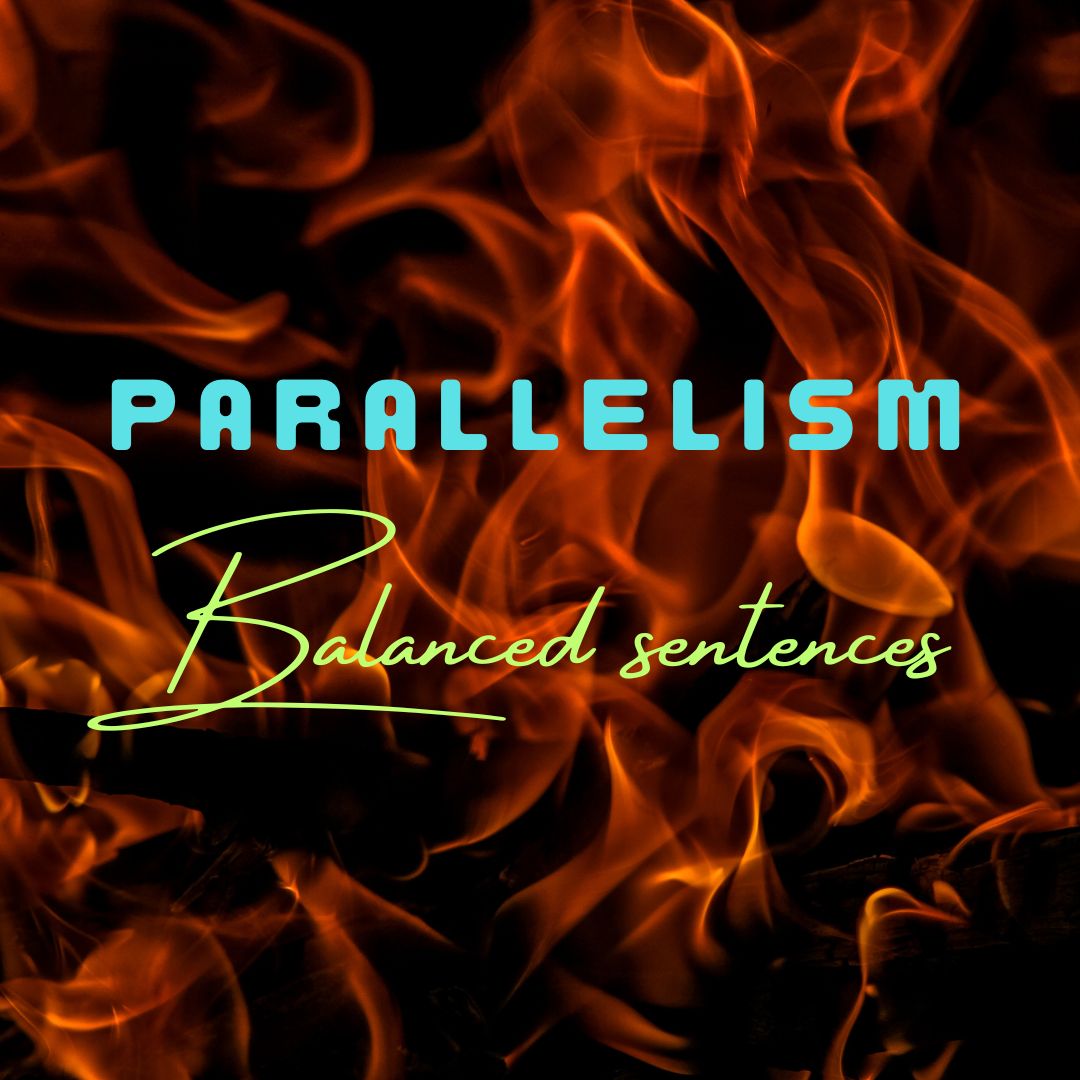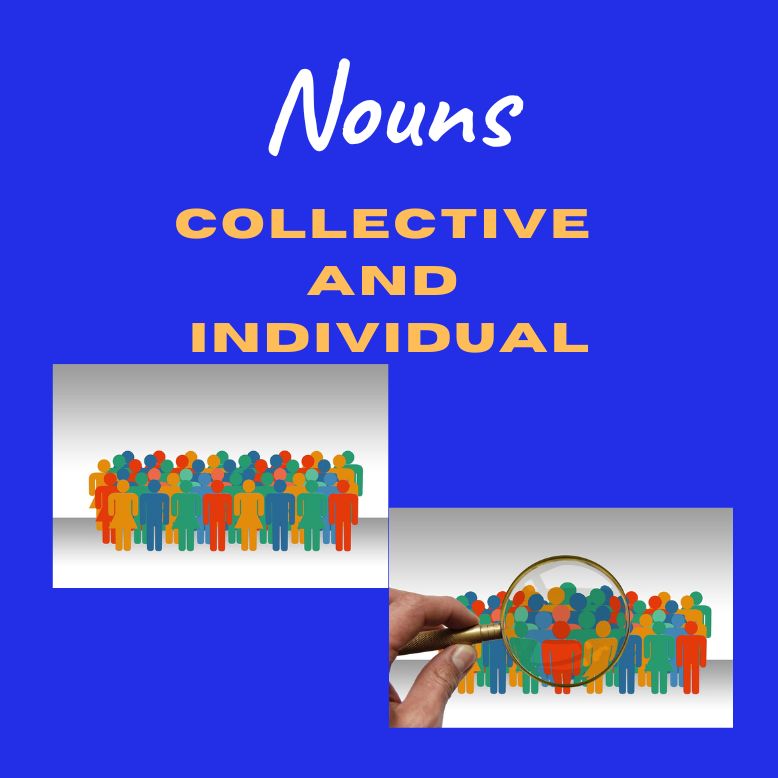Tag: nouns

Would and Should in Conditional sentences
Would and should are modal verbs commonly used in conditional sentences to express different shades of meaning. Here's how they are typically used:

Adverbial(Adverb)Clauses
Adverbial clauses are groups of words that function as adverbs in a sentence. They provide additional information about the action in the main clause, answering questions such as when, where, why, how, to what extent, or under what conditions.

Parallelism in English Grammar
In English grammar, the phenomenon where similar or parallel elements within a sentence are presented with a balanced and harmonious structure is called parallelism. It involves using the same grammatical form or structure for items in a list, a series, or a comparison to enhance clarity, coherence, and overall readability.

Collective and Individual Nouns
the individual nouns (book, dog, car, etc.) represent distinct and separate items or entities that can be counted. In summary, collective nouns refer to groups or collections treated as single units, while individual nouns represent individual, countable entities or items.

Concrete and Abstract Nouns
Concrete nouns are a type of noun that refer to tangible, physical objects that can be perceived by the five senses: sight, hearing, touch, taste, and smell.Abstract nouns are a category of nouns that represent ideas, concepts, qualities, or conditions that are not tangible and cannot be perceived through the five senses (sight, hearing, touch, taste, and smell).